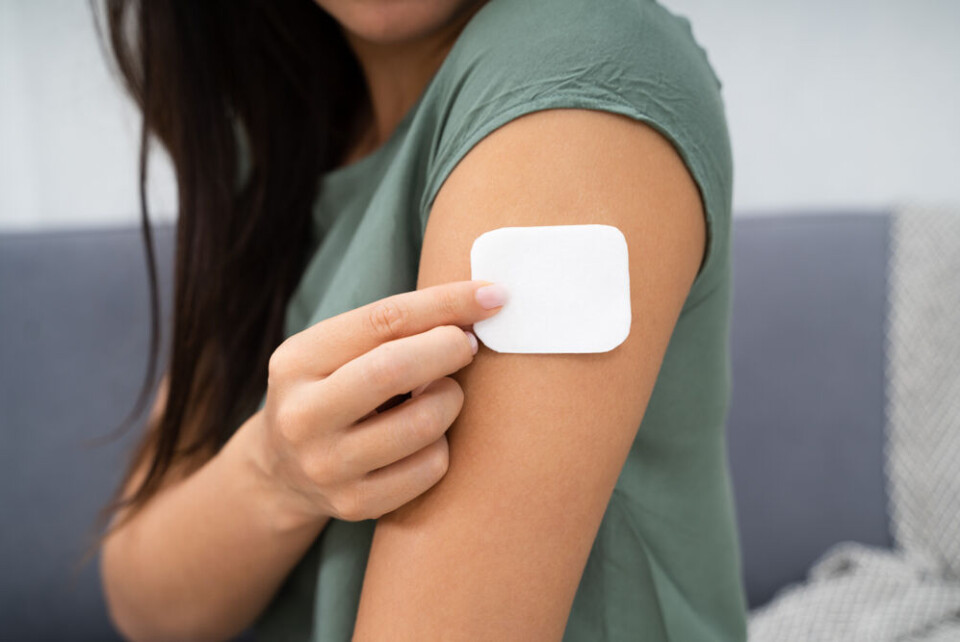-
Home insurance increases expected in France after floods
Compensation costs for the recent storms and flooding across the west and south-west is estimated to be in the billions of euros
-
Insurance denied for Britons' French hilltop home due to 'flood risk'
Underwriters decided to end cover linked to alleged proximity to water
-
France santé promises better GP access
The initiative aims to improve GP access and reduce wait times in medical deserts across the country.
Does French health insurance cover nicotine replacement treatments?
Nicotine patches or sweets used to be reimbursed up to a limit of €150 per year, but this was changed in 2019. We recap the new rules

Reader question: I am an active smoker in France and I am desperately looking to give it up. I have been looking into nicotine substitutes (like patches) and I was wondering if they are reimbursed by the state or Assurance Maladie?
Treatment to help people wean themselves of tobacco addiction using nicotine substitutes is called thérapie de substitution nicotinique (TSN) in French. This can include patches, sweets, pills, etc.
Nicotine patches or sweets used to be reimbursed up to a limit of €150 per year, but this was changed in 2019.
Since then, state healthcare has reimbursed certain nicotine substitutes at 65% – the same rate as medicine. You can see a list of the treatments covered here.
You need a prescription from your GP, nurse, dentist or midwife (for pregnant women) to get the reimbursement.
Specialist tabacologues — medical professionals who guide smokers in their efforts to quit smoking – also exist for anti-smoking advice. You can find your nearest one using this search tool.
Patches, sweets, pills and other TSNs can be bought from pharmacies and they usually now offer tiers payant for this, meaning you do not need to pay the fees that are covered by your medical insurance up front, if you have a carte Vitale and top-up medical insurance.
You can also buy these nicotine substitutes without a prescription in pharmacies, but you will not be eligible for reimbursement.
Alongside the standard healthcare reimbursement of 65%, more and more top-up healthcare insurance policies (mutuelles) are now also reimbursing treatments to help people stop smoking.
It means your mutuelle may cover the remaining 35% of the cost not covered by state insurance, except for a €0.50 charge per treatment for a fee called the franchise médicale that you will either have to pay without reimbursement (if you are paying upfront) or that will be deducted automatically from a future reimbursement if you use le tiers payant.
Some top-up insurance policies also cover the cost of consultations with tobacco specialists as well as (usually within certain limits) alternative therapies such as acupuncture, homeopathy, hypnosis etc.
A phone app, Tabac info service, can provide personalised help to stop smoking.
The government also has a site aimed at helping people to set a goal of one month without smoking, as they say those who do it are likely to be able to stop for good.
Smoking in play parks is banned and punishable by a fine of up to €450. Cigarettes must be sold in plain standardised cigarette packaging and there is a ban on smoking in cars where minors are present.
The use of e-cigarettes as an alternative, or a way of cutting down, is popular. There is some evidence that they are less harmful, at least in the short-term.
Related articles
Smokers trying to quit in France should not be offered vapes to help
Put up no-smoking signs outside French schools, says anti-cancer group
























